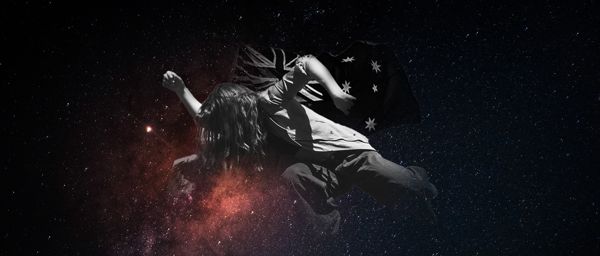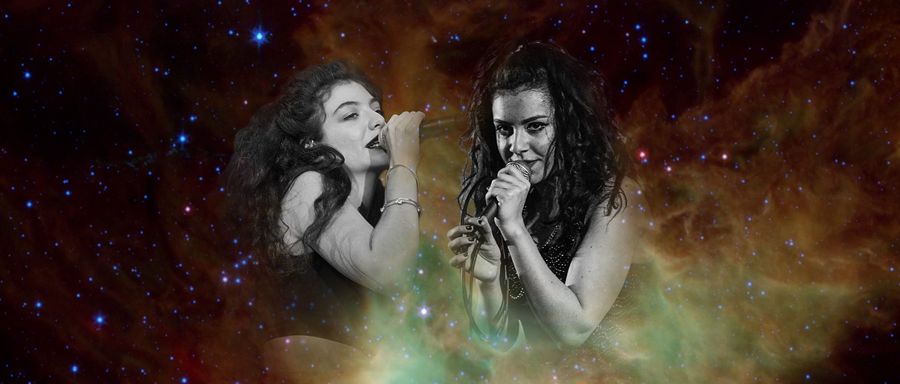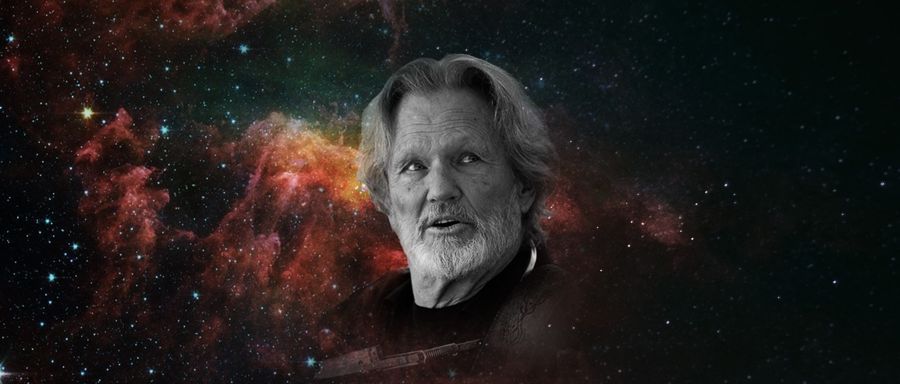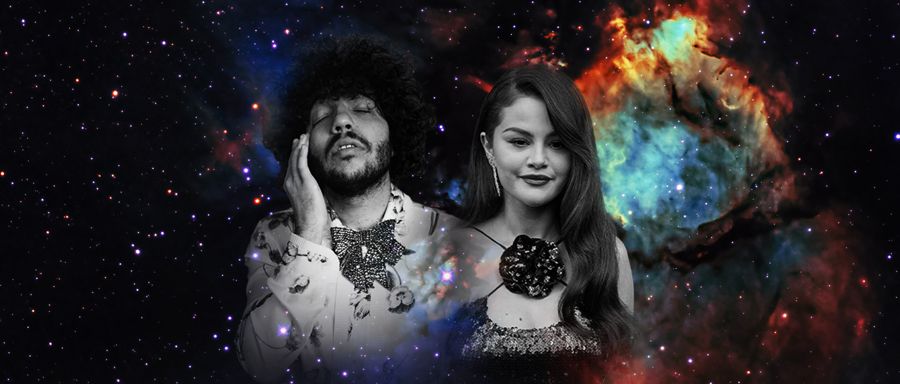Breaking the Mold: The Case of Australian Breaker, Raygun, Virgo Rabbit
Sports are generally about conformity. Running, jumping, putting a ball in a court or a goal—whatever it is, a bunch of people do the same thing, and whichever individual or team does it best is the winner. Probably the most famous example of non-conformity is Dick Fosbury (03/06/1947, Pisces Pig), who in 1968 revolutionized the high jump by going back-first, the “Fosbury Flop”. But he is an exception who proves the rule—within a few years just about every high jumper was flopping. Extraordinary athletes who are described as “out of this world”—like Michael Jordan (02/17/1963, Aquarius Rabbit), Simone Biles (03/14/1997, Pisces Ox), or Lionel Messi (06/24/1987, Cancer Rabbit)—are different because they are taking conformist behavior in new and exciting directions, not because they aren’t conforming.
Conformity in sports presents challenges, of course. Headline-grabbing issues like performance-enhancing drugs or sex ambiguity threaten rules or assumptions about what is fair non-conformity (e.g., superior performance) and what is unfair non-conformity (e.g., cheating). There is also research saying that a conformist “sport ethic” among young athletes increases their vulnerability to predatory coaches or medical personnel.
The Australian athlete Raygun (09/02/1987, Virgo Rabbit), real name Rachael Gunn, has this week taken non-conformity in sports in a challenging new direction, with her performance in the breaking event at the Paris Olympics. Raygun has been an activist for breaking as a form of artistic expression for many years (as well as a competitor, she is a researcher with a PhD in cultural studies). She has described breaking as “an artistic competitive pursuit [which] falls outside the favored (and more easily understood) types of physical competitions that have clear winners and losers via goals scored or times beaten.” The relationship between art and conformity is naturally much more challenging to pin down than is true of traditional sports. Raygun emphasized the artistic focus of her performance in Paris, telling the Guardian:
All my moves are original. Creativity is really important to me. I go out there and I show my artistry. Sometimes it speaks to the judges, and sometimes it doesn’t. I do my thing, and it represents art. That is what it is about…What I wanted to do was come out here and do something new and different and creative – that’s my strength, my creativity. I was never going to beat these girls on what they do best, the dynamic and the power moves, so I wanted to move differently, be artistic and creative because how many chances do you get that in a lifetime to do that on an international stage. I was always the underdog and wanted to make my mark in a different way.
After Raygun was eliminated in the round-robin stage, many armchair Olympians across the globe have expressed surprise at the unfamiliar sight of a primarily artistic performance in a sporting event, and some commentary has been cruel. But Raygun has also received expressions of support, including from Australian Prime Minister Anthony Albanese (03/02/1963, Pisces Rabbit). Some supporters have suggested that it is gaslighting to encourage a competitor to perform artistically in a sporting forum that expects conformity, and that mocking Raygun herself is therefore a form of victim-blaming.
With a birthdate at the start of September, Raygun is a stable but early Virgo, for whom the reflective Mutable energy of this sign is usually tempered by a can-do attitude and a practical approach to getting things done. The way in which Raygun has leveraged her individual creative expression as a dancer into Olympic representation—with an unashamed emphasis on creativity over feats of physical strength or flexibility—while simultaneously incorporating her dance practice into her program as an academic researcher, is consistent with a typical early Virgo’s innate ability to prioritize and work steadily towards achieving their goals. Virgo is known to be a far-seeing sign, with potentially brilliant anticipatory skills. Reading Raygun’s published research, she seems to have well understood how the inclusion of breaking as an Olympic “sport”, and most likely her own individual approach, would represent a provocative challenge to conformity.
Raygun’s Chinese sign of the Rabbit may provide further insights into her Olympic experience. The Rabbit is often said to be the most truly artistic of all the Chinese signs, with a sensitive, idealistic, and diplomatic outlook that in the right circumstances can lead to pioneering creative achievements and compassionate advocacy. Other celebrities who have shared Raygun’s combination of early Virgo with a Rabbit year include the celebrated actor Ingrid Bergman (08/29/1915), who has emerged from history as a “feminist icon” for reasons including her refusal to change her physical appearance, the way she controlled her career and role selection, her confidence following a sensational adulterous affair (which led to widespread criticism especially in the US), and her protest against racial segregation. There are also the South African actor Angelique Rockas (08/31/1951), who as well as being an acclaimed performer was a prominent anti-apartheid and feminist activist, and the popular actor and LGBTQI+ activist Lily Tomlin (09/01/1939). The actor Evan Rachel Wood (09/07/1987) is not only an acclaimed actor, but has repeatedly advocated in public forums on behalf of victims of domestic abuse.
Rabbit energy is famously conflictive with the Dragon, so Chinese astrology would have predicted headwinds for Raygun this year. Whether anyone could have foreseen this would take the form of the social media mocking she is enduring in the wake of her unconventional performance is hard to say. But, in keeping with other notable activists who share her combined sign of Virgo Rabbit, her Olympic performance has already shone a bright light on issues surrounding conformity in sports (and perhaps also sexist dynamics of sport and online criticism) that mere theory simply could not. The potential legacies and outcomes of her non-conformist performance—both positive and negative—may last much longer in the collective memory than a medal ever would have.




